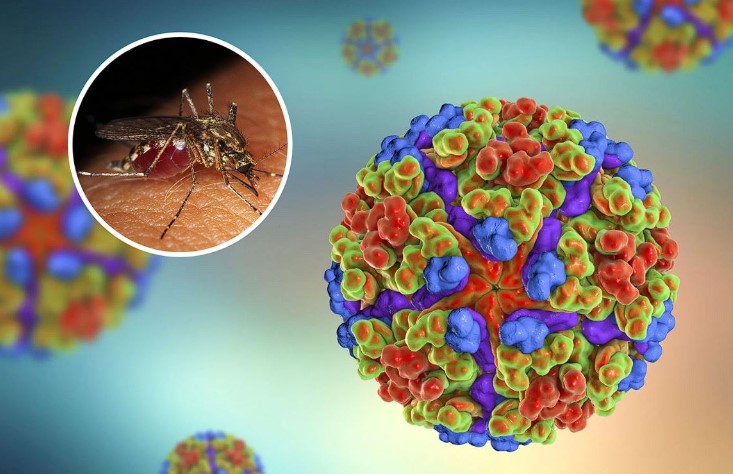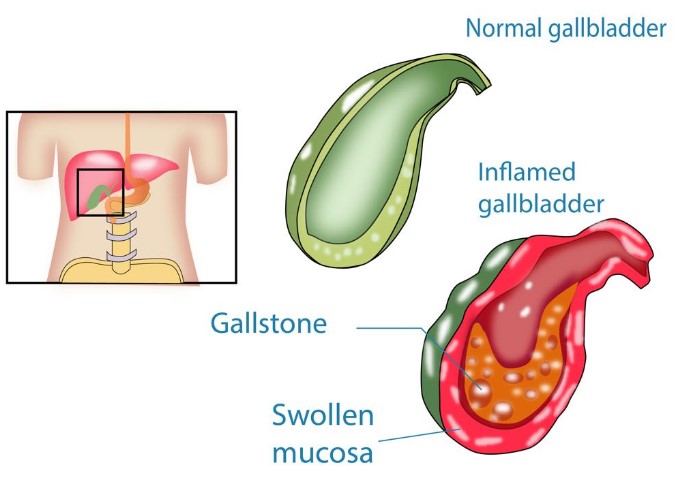
Understanding the Chikungunya Virus: Symptoms, Treatment, and Prevention
Introduction
The Chikungunya virus, often overshadowed by its more notorious counterparts like dengue and Zika, is a significant health concern in many parts of the world. Awareness and understanding of this virus are crucial, especially for those living in or traveling to affected regions. This article aims to provide a comprehensive look at the Chikungunya virus, covering everything from its symptoms and treatment options to prevention strategies and global impact.
What is the Chikungunya Virus?
The Chikungunya virus is a mosquito-borne illness caused by the Chikungunya virus (CHIKV). It was first identified during an outbreak in Tanzania in 1952. The name “Chikungunya” derives from the Kimakonde language, meaning “to become contorted,” reflecting the stooped appearance of sufferers due to severe joint pain.
How is Chikungunya Transmitted?
The primary mode of transmission for Chikungunya is through the bite of infected Aedes mosquitoes, particularly Aedes aegypti and Aedes albopictus. These mosquitoes are also responsible for spreading dengue and Zika viruses. Unlike some diseases that require close contact for transmission, Chikungunya spreads efficiently in areas where these mosquitoes are prevalent.
Symptoms of Chikungunya
Chikungunya is characterized by a sudden onset of fever and severe joint pain. Other common symptoms include muscle pain, headache, nausea, fatigue, and rash. While most patients recover fully within a week, joint pain can persist for months, or even years, in some cases. The symptoms are often mistaken for dengue, complicating diagnosis and treatment.
Diagnosis of Chikungunya
Diagnosing Chikungunya typically involves a combination of clinical evaluation and laboratory tests. Blood tests are used to detect the presence of the virus or antibodies produced in response to the infection. Early detection is essential for managing symptoms and preventing further spread.
Treatment Options for Chikungunya
Currently, there is no specific antiviral treatment for Chikungunya. Treatment focuses on relieving symptoms. Patients are advised to rest, drink plenty of fluids, and take medications like acetaminophen or ibuprofen to reduce fever and pain. In severe cases, hospitalization may be required for supportive care.
Home Remedies and Natural Treatments
While medical treatment is crucial, some home remedies can help manage Chikungunya symptoms. These include staying hydrated, using cold compresses to reduce fever, and consuming anti-inflammatory foods like turmeric and ginger. Herbal remedies such as tulsi (holy basil) and neem leaves are also believed to have beneficial properties.
Prevention Strategies
Preventing Chikungunya primarily involves controlling mosquito populations and avoiding bites. Effective mosquito control measures include eliminating standing water where mosquitoes breed, using insect repellent, wearing long sleeves and pants, and using mosquito nets. Community-wide efforts to reduce mosquito habitats are also essential.
Impact on Global Health
Chikungunya has a significant impact on global health, particularly in tropical and subtropical regions. Countries in Africa, Asia, Europe, and the Americas have reported outbreaks, with millions of cases occurring in recent years. The economic burden includes healthcare costs, lost productivity, and long-term disability for some patients.
Chikungunya vs. Dengue and Zika
Chikungunya, dengue, and Zika share similar transmission vectors and symptoms, leading to frequent misdiagnosis. However, Chikungunya is distinguished by its intense joint pain. Unlike dengue, Chikungunya rarely causes severe bleeding or shock, and unlike Zika, it does not pose significant risks to pregnant women and their babies.
Research and Advances
Research on Chikungunya is ongoing, with efforts focused on understanding the virus’s mechanisms and developing a vaccine. Some potential vaccines are in various stages of clinical trials, offering hope for better prevention in the future.
Living with Chikungunya
Coping with Chikungunya involves managing chronic pain and fatigue. Patients are encouraged to engage in gentle exercises to maintain joint mobility and seek support from healthcare providers and support groups. Lifestyle adjustments and self-care practices play a crucial role in recovery.
Chikungunya in the News
Recent outbreaks of Chikungunya have garnered media attention, highlighting the virus’s persistence and the challenges in controlling its spread. Increased travel and climate change contribute to the virus’s reach, emphasizing the need for global vigilance.
Future Outlook
The future of Chikungunya control depends on continued research, effective mosquito control, and public awareness. Predicting and preventing outbreaks require global cooperation and investment in health infrastructure. The development of a vaccine would be a significant milestone in reducing the virus’s impact.
Conclusion
Chikungunya is a formidable virus with far-reaching implications for public health. Understanding its transmission, symptoms, and treatment options is vital for managing and preventing outbreaks. Through a combination of medical intervention, public health strategies, and ongoing research, we can hope to mitigate the effects of this virus and protect vulnerable populations.
FAQs
Can Chikungunya be fatal?
Chikungunya is rarely fatal. Most patients recover fully, but severe cases can lead to long-term joint pain and other complications.
How long does it take to recover from Chikungunya?
Recovery time varies, but most people start feeling better within a week. However, joint pain and fatigue can persist for months in some cases.
Is there a vaccine for Chikungunya?
Currently, there is no approved vaccine for Chikungunya, but several candidates are in clinical trials.
What should I do if I think I have Chikungunya?
If you suspect you have Chikungunya, seek medical advice promptly. Rest, stay hydrated, and take over-the-counter pain relievers as directed by a healthcare provider.
Can Chikungunya be transmitted from person to person?
Chikungunya is not directly transmitted from person to person. It spreads through mosquito bites from infected mosquitoes.
You May Also Like

Cholecystitis (Gallbladder Inflammation)
May 26, 2024
Cholera: An In-depth Look at a Persistent Global Threat
June 26, 2024